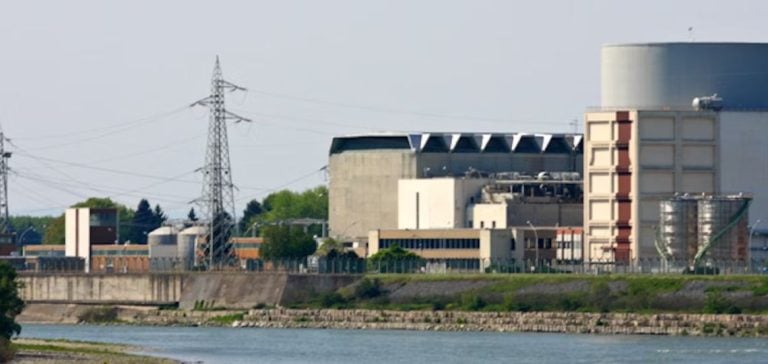Italy is considering a return to nuclear power, a subject that is generating heated debate and considerable strategic stakes.
Against this backdrop, Edison, a major energy company, has expressed its interest in participating in a government project to develop new-generation nuclear reactors.
This project, which could mark a turning point in Italian energy policy, is backed by Industry Minister Adolfo Urso, who recently announced the creation of a new company bringing together national and international partners to build these advanced reactors.
The Italian government, under the leadership of Prime Minister Giorgia Meloni, plans to draw up rules allowing the use of new nuclear technologies by early 2025.
This initiative could potentially reverse the current ban on nuclear power generation, in force since the 1987 and 2011 referendums that rejected this energy source.
Edison CEO Nicola Monti told an energy conference in Milan: “We are interested in participating in a new nuclear energy company. We are waiting for the documents to be published… we want to be part of this project.”
The challenges of decarbonization
Edison is positioning itself as a key player in the discussions surrounding the revival of nuclear power in Italy.
Monti stresses that specific skills are needed to join such a project, asserting that “nuclear is not for everyone. Players with the right skills can be counted on the fingers of one hand.” This statement highlights the need for technical expertise and solid experience in the nuclear field, crucial elements in guaranteeing the safety and efficiency of new facilities.
The revival of nuclear power in Italy is part of a wider context of decarbonization of industrial sectors, particularly the steel industry.
Edison recently signed a memorandum of understanding with Ansaldo Energia and Ansaldo Nucleare to explore the use of nuclear energy for this purpose.
This collaboration illustrates Edison’s commitment to contributing to the energy transition while meeting the growing sustainability requirements of businesses.
Strategic partnerships and future prospects
The discussions surrounding the creation of the new nuclear company also involve other major players, such as Ansaldo Nucleare and Enel, both of which are backed by the State.
These strategic partnerships are essential to mobilize the necessary resources and share the risks associated with a project of this scale.
The combination of Edison’s technical skills and the expertise of EDF, its parent company, could play a decisive role in the success of this initiative.
Edison has already expressed its willingness to restart nuclear power generation in Italy by 2040, subject to a favorable regulatory framework.
This ambition reflects a determination to adapt to changes in the energy market and to meet the challenges of the energy transition.
By integrating advanced nuclear technologies, Edison could not only diversify its energy portfolio, but also contribute to reducing carbon emissions in the industrial sector.
Regulatory and societal challenges
Despite growing enthusiasm for nuclear power, regulatory and societal challenges remain.
Public distrust of nuclear power, fuelled by past incidents, requires a transparent and proactive approach from both business and government.
Communicating the benefits of nuclear power, particularly in terms of decarbonization and energy security, will be crucial to winning over stakeholders.
In addition, a clear and stable regulatory framework will be essential to attract the investment needed to make this project a reality.
Industry players need to work closely with the authorities to establish rigorous safety standards and nuclear waste management protocols, to ensure the sustainability and social acceptability of nuclear power in Italy.
Recent developments around nuclear power in Italy, including Edison’s interest in the government project, signal a willingness to reassess the country’s energy options.
As Italy prepares for a possible return to nuclear power, industry players need to navigate carefully between decarbonization opportunities and societal concerns.
The ability to establish solid partnerships and communicate effectively on the benefits of this transition will be decisive for Italy’s energy future.





















